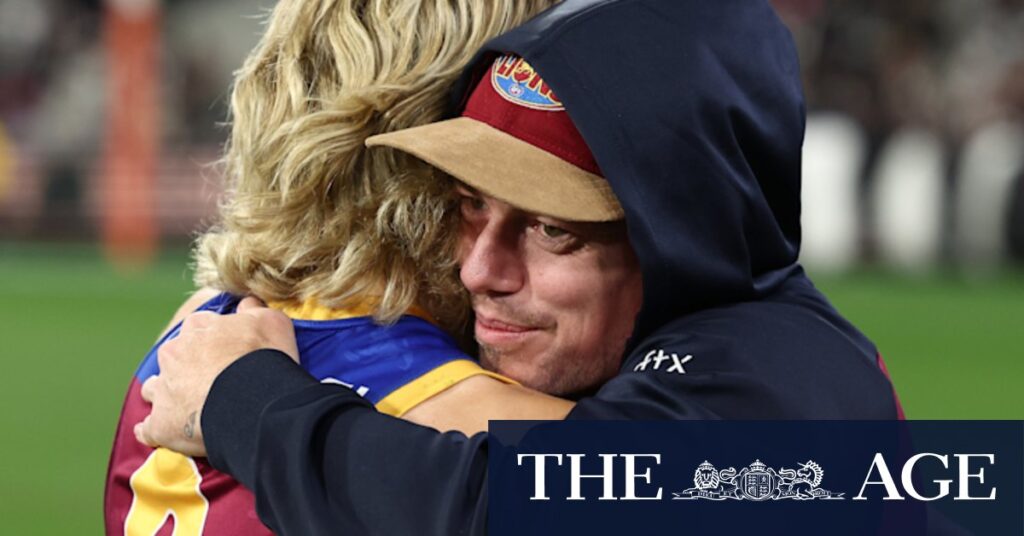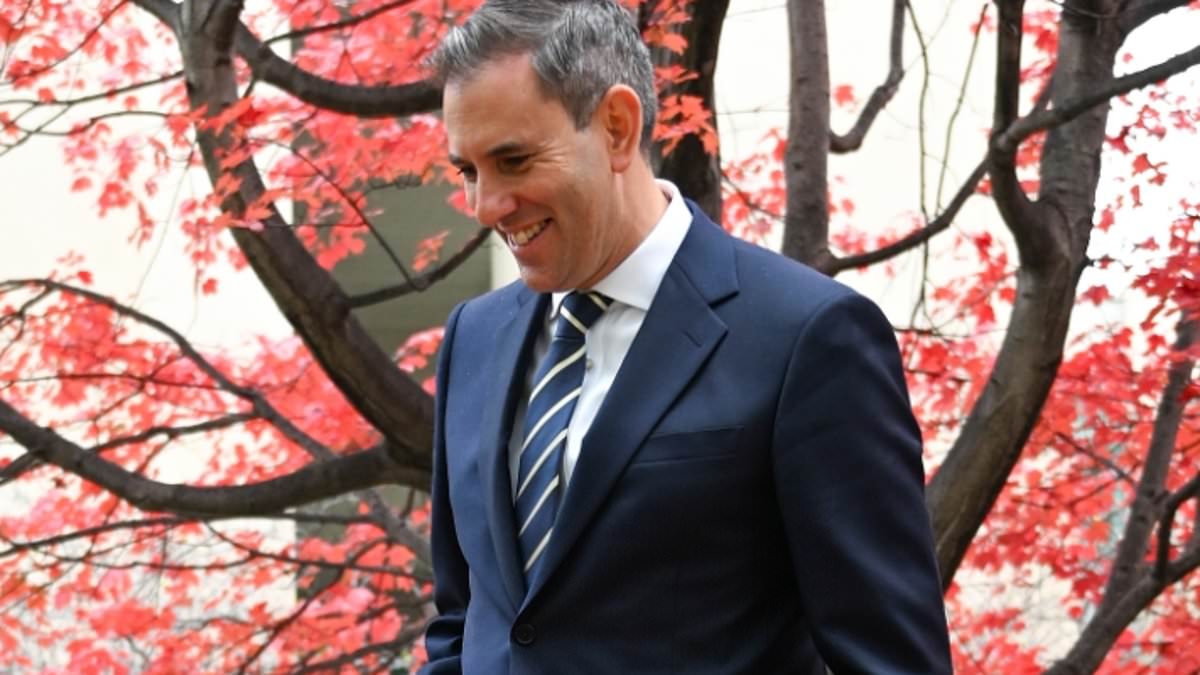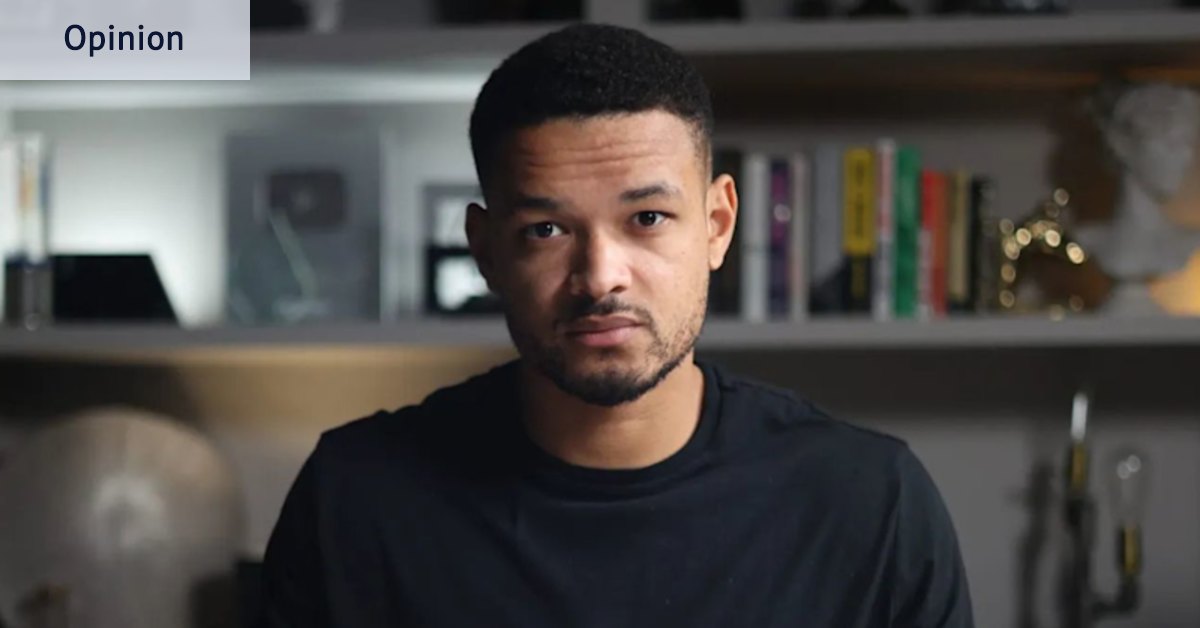
As the AFL grand final approaches, the Brisbane Lions face a critical decision: whether to field their star midfielder Lachie Neale, who is recovering from a calf injury. Despite public optimism from the team, Dr. Peter Larkins, a respected sports doctor, rates Neale as only an “outside chance” to take the field. This uncertainty looms large as the Lions prepare for their rematch against Geelong, just 22 days after Neale suffered the injury during the qualifying final loss on September 5.
Initially, the Lions anticipated that Neale’s right calf tear would sideline him for four to six weeks, potentially ending his season. However, recent developments have shifted the narrative. Neale completed a rigorous training session on Saturday, designed to test his calf’s resilience, suggesting a possible return. Yet, Dr. Larkins cautions that selecting Neale involves significant risk, especially given his limited play since early August.
The Risk and Reward of Selection
Dr. Larkins, with experience as a club doctor for Geelong and Adelaide, emphasizes the inherent risks in selecting Neale. “Grand final week always throws up really challenging selection dilemmas for clubs,” he remarked. “He’s a chance to play because it’s a grand final, but you wouldn’t consider him if it was a home-and-away game because it would be too big a risk with an older player.”
Neale’s situation is compounded by his recent injury history, including a previous quad injury. The decision to play him hinges on weighing the risks against the potential benefits. Dr. Larkins points to the example of Scott Pendlebury, who was forced out of a game within minutes due to a similar gamble. “These decisions come down to the risks versus benefits,” he noted.
Historical Precedents and Comparisons
The dilemma facing the Lions is not unique. In recent years, AFL clubs have had to make similar tough calls regarding injured players in grand finals. In 2022, the Cats decided against playing Max Holmes, despite him passing fitness tests, while Sydney took a risk with Sam Reid, which ultimately backfired. Conversely, Melbourne’s decision to play Steven May in the 2021 decider paid off as he helped secure a premiership victory.
Brisbane coach Chris Fagan remains cautiously optimistic about Neale’s prospects. “We’ll just have to wait and see how he gets through the week,” Fagan said. “If it’s too risky, it won’t happen. But if they don’t think it is, then we’ll play him.”
Expert Opinions and Future Implications
Dr. Larkins, while not privy to Neale’s exact medical details, acknowledges the unique pressures of September football. “Historically, calf injuries can keep players out for three weeks or even eight weeks. Four to six weeks is middle of the road, but older players can take more time to heal,” he explained. The decision ultimately rests on the medical team’s assessment of Neale’s condition and the potential impact on his performance.
Neale’s determination to play is evident. He has undergone multiple hyperbaric chamber sessions and adhered strictly to his rehabilitation regimen. However, the unpredictability of match conditions, which cannot be fully replicated in training, adds another layer of complexity to the decision.
The Lions’ decision on Neale will not only affect their grand final strategy but could also set a precedent for handling similar situations in the future. As the countdown to the grand final continues, all eyes will be on Brisbane’s medical team and their final call on Lachie Neale’s fitness.







